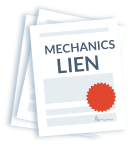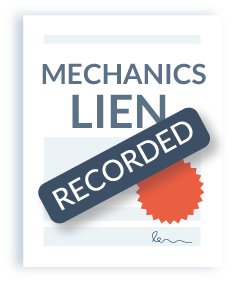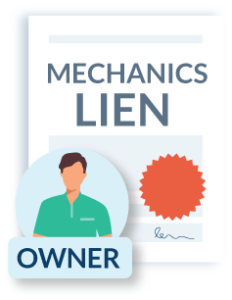While not a required step, it is recommended that general contractors in Connecticut file an affidavit with the county clerk within 15 days of commencing work. This will require sub-tier parties to provide a Notice of Intent to you as well as the property owner.





